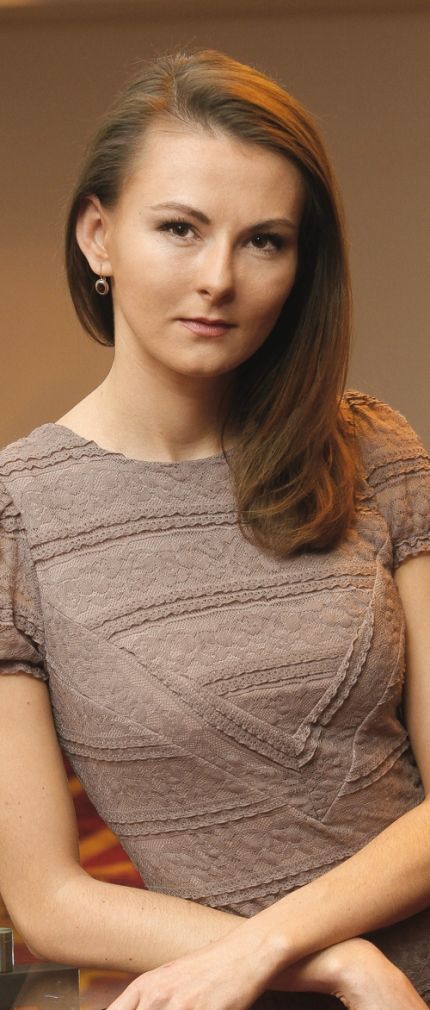It was a beautiful, late Friday afternoon. Nobody had volunteered up until that point and the magazine was just about to go to press. The silence was rather awkward. “Okay, since there are so many volunteers, we will have to choose someone democratically. I want somebody to bring the requisite number of straws from the kitchen.” This sounded like an innocent request. “I’ll do it! I’ll run straight there and even cut one right now,” I shouted. I thought that if I did this myself, taking things into my own hands, then I could somehow cheat fate. After all, it was impossible for me to draw the straw I had neatly cut myself. So I also jumped in to be the first one to draw one of the expertly mixed and concealed straws from the editor-in-chief’s hands. And? The seemingly impossible happened. I could not believe what I was looking at. I was holding a beautifully, diagonally cut straw. No, this could



























































